
Diane Coyle's Interviews
Mainstream economics, says author Diane Coyle, keeps treating people like cogs: self-interested, rational agents. But in the digital economy, we're less sophisticated consumer and more monster under the influece of social media. Listen as the economist and former UK Treasury advisor tells EconTalk host Russ Roberts how
Eric Beinhocker & Diane Coyle on Rethinking Economics for A Sustainable & Prosperous World (EPE 02)
In the digital era, data is practically the air we breathe. So why does everybody treat it like a product to be hoarded and sold at profit? How would our world change if Big Tech operated on assumptions and incentives more aligned with the needs of a healthy society? Are more data — or are bigger models — really better
Diane Coyle, "Cogs and Monsters: What Economics Is, and What It Should Be" (Princeton UP, 2021)
In Cogs and Monsters: What Economics Is, and What It Should Be (Princeton UP, 2021), Diane Coyle explores the enormous problems—but also opportunities—facing economics today if it is to respond effectively to these dizzying changes and help policymakers solve the world’s crises, from pandemic recovery and inequality to
Diane Coyle: innovation, intangibles, inequality, sustainability and measuring beyond GDP
Economist Diane Coyle is the Bennett Professor of Public Policy, Cambridge University. She co-directs the Bennett Institute, where she heads research under the themes of progress and productivity. Her work has touched innovation, technology and intangibles; sustainability, inequality and measuring beyond GDP. We dis
Forward Thinking on measuring GDP and productivity with Diane Coyle
“Digital is changing the way that we create value in society. Where in value chains does that happen? Who gets the benefits? And is there a gap between what we measure in dollars and the economic welfare, the benefits, that people can get from these digital services? There's a wedge opening up between the categories an
David and Helen talk with Diane Coyle about what the pandemic has revealed about the changing nature of work. Who is doing more of it? Who is still getting paid for it? Which jobs are not coming back? Plus we explore the impact of the digital revolution on how we get rewarded for what we do and we ask whether the big t
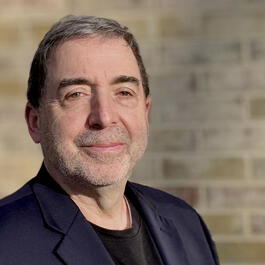
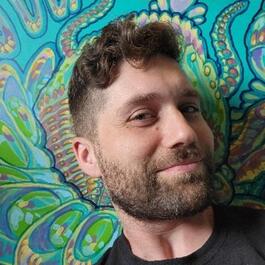
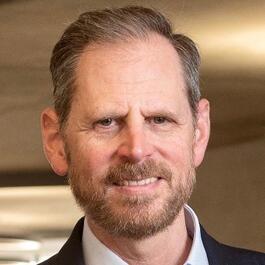
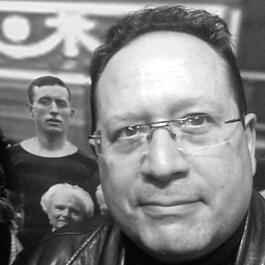

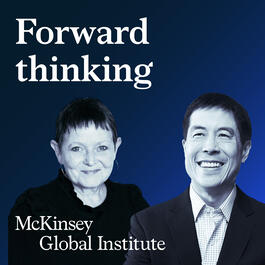
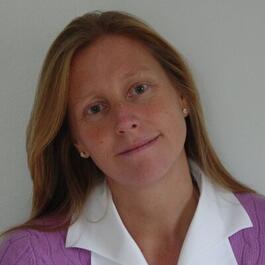
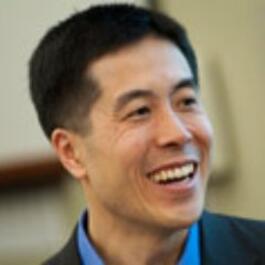
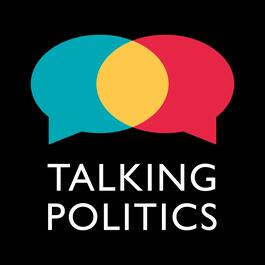
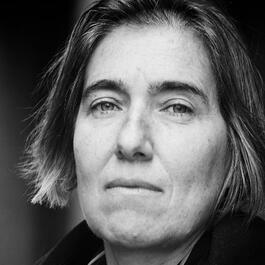

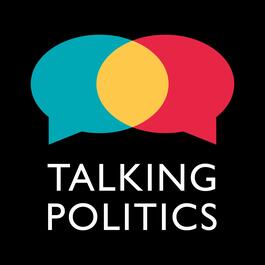
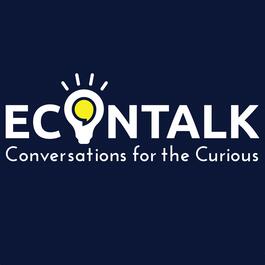
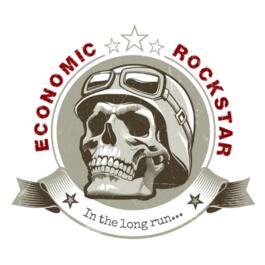
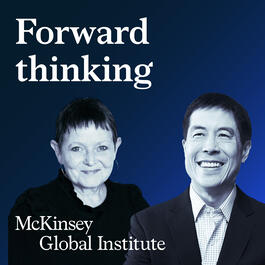
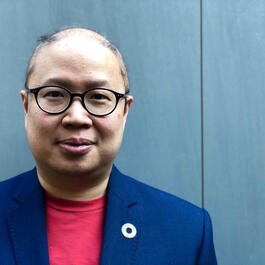
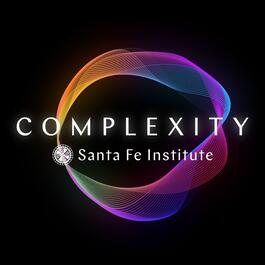
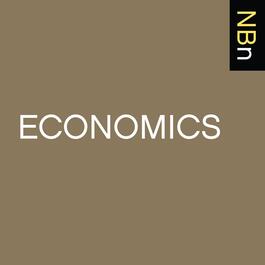
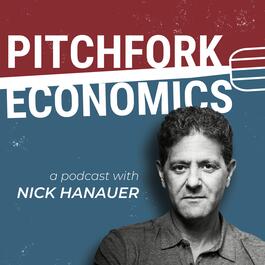
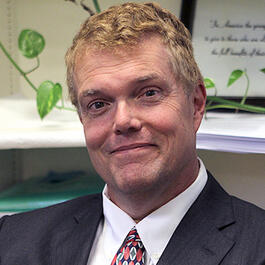

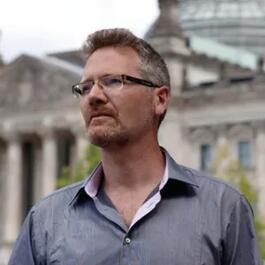


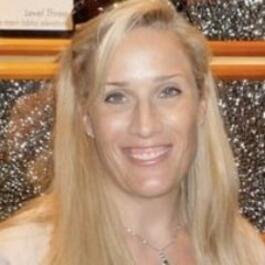
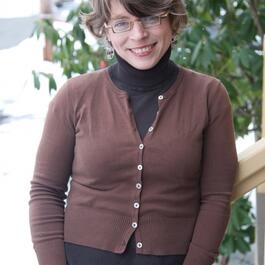

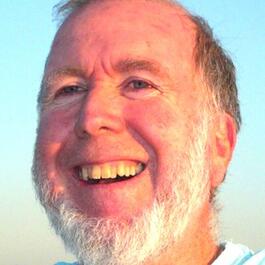
Shout-outs
Add shout-out